Visa And Entry Requirements For Traveling Thailand
21-08-2024
The COVID-19 pandemic drastically disrupted global travel, leading Thailand to enforce strict measures like quarantine and the Thailand Pass. Now, after two years, Thailand has eased restrictions effective July 1st, 2022. Changes include the removal of Covid Insurance and mandatory hotel quarantine for foreigners. The Thailand Pass requirement is also lifted, except for unvaccinated travelers needing pre-departure RT-PCR or Pro-ATK tests. Vaccinated travelers no longer require proof of vaccination before arrival, although random checks ensure compliance with Covid prevention protocols by airlines and Thai Immigration. Here's a concise overview of current entry requirements for international travelers to Thailand.
For long-term stays, non-immigrant visas such as B (business/employment), O (family visits), ED (education), O retirement, and OA/OX (long-stay retirement) can be arranged through Thai embassies or consulates, sometimes with the help of companies like Siam Legal International.
For extended, hassle-free stays, consider the Thai Elite Visa, which grants residency for 5, 10, or 20 years with various benefits and fewer eligibility requirements.
Passport Validity And Visas
Before planning your trip to Thailand, ensure your passport is valid for at least six months beyond your intended travel date, as entry will be denied if it expires sooner. It's important to check your passport well in advance, especially with the current delays in processing new applications due to high demand.
If you need to renew your passport, contact your local embassy to find out the expected processing time.
Thailand offers various visa options depending on your nationality, travel purpose, and intended length of stay. Make sure to verify which visa type applies to your situation before traveling.

Visa Exemption
Foreign visitors may be eligible to enter Thailand under the Visa Exemption Program, allowing entry without a visa from a Thai Embassy or Consulate. Most nationalities under this program can stay in Thailand for up to 30 days, though some may have shorter permitted stays. It’s essential to check the country exemption list to confirm the length of your allowed visit without a visa.
Tourists using the Visa Exemption Program can extend their stay by an additional 30 days at a local Thai Immigration Office for a fee of approximately 2000 baht.
It's important to distinguish between Visa Exemption and Visa on Arrival. The Visa on Arrival is a 15-day visa available to travelers from countries such as India, China, and 16 others. If your country is not on the Visa Exemption list, check the Visa on Arrival list instead.
For a Visa on Arrival, note the following requirements:

Tourist Visa And Special Tourist Visa (Stv)
Foreign visitors can apply for a Tourist Visa at a Thai embassy or consulate. The standard tourist visa allows a 60-day stay, extendable by an additional 30 days. Alternatively, the Special Tourist Visa (STV) permits a 90-day stay and can be extended twice for another 90 days each at a local immigration office, allowing for a total stay of up to 9 months. Note that the STV application period is set to end in September.
For visa applications, contact your local Thai Embassy to confirm the required documents. Once approved, the embassy will affix a visa sticker to your passport, so account for mailing time if necessary.
If visiting Thailand for other purposes, you must obtain the appropriate visa from a Thai Embassy or Consulate before your trip.

Non-Immigrant Visa
Foreign nationals can apply for various long-term non-immigrant visas in Thailand:
These visas can be obtained through a local Thai Embassy or Consulate, though the process can be complex. For assistance, companies like Siam Legal International offer expertise in Thai immigration policies and can help streamline the application process for long-term stays.
Thai Elite Visa
For those considering long-term accessibility or permanent relocation to Thailand, the Thai Elite Visa is worth exploring. This visa grants foreign nationals residency for 5, 10, or even 20 years and bypasses many of the eligibility requirements of other long-term visas.
The Thai Elite Visa is an exclusive option that offers numerous benefits to its holders. If you aim to experience "Thai life" over the long term, consider learning more about the advantages of the Thai Elite Visa.

Proof Of Vaccination Or Testing
Entry requirements for Thailand depend on a visitor's vaccination status.
Vaccinated Travelers
Vaccinated travelers do not need to show proof of vaccination before arriving in Thailand. However, they should carry a copy of their vaccination certificate, either printed or digital, to present if asked. Thailand considers two doses (or one dose of Johnson & Johnson) as fully vaccinated and does not require a booster shot.
Unvaccinated Travelers
Unvaccinated travelers must complete an RT-PCR test or Professional Antigen Test (Pro-ATK) within 72 hours before boarding their flight. They should have a copy of the test result ready for inspection if required. Note that the test must be conducted by a medical professional; home tests are not accepted.
Vaccination And Testing For Children
Children under 18 follow the vaccination status of their parents. Those traveling with vaccinated parents do not need to undergo testing. If traveling with unvaccinated parents, children must complete the same RT-PCR or Pro-ATK test within 72 hours before departure.
Many airlines still require proof of vaccination or a negative Covid test before boarding. Failure to provide these documents might result in being denied boarding.
Although Thailand no longer mandates proof of testing or vaccination before arrival, Thai authorities conduct random checks. Travelers unable to present a vaccination certificate or test result upon request will be denied entry.
During the COVID-19 pandemic, the term "insurance" took on new significance, especially for seasoned travelers who have always recognized the importance of comprehensive travel insurance. This type of insurance covers unexpected incidents such as:
Though often seen as a precautionary measure, its necessity became evident during the pandemic when countries like Thailand mandated proof of insurance, often referred to as "Covid Insurance."
The good news is that proof of "Covid Insurance" is no longer required to enter Thailand. However, having travel insurance is still highly recommended, as the risks of medical emergencies, accidents, and other travel-related issues persist.
Foreign visitors in Thailand are not entitled to free medical care. In the event of an accident, illness, or flight cancellation, travelers must cover their expenses, which can be substantial.
Purchasing travel insurance is a cost-effective way to protect yourself from potential financial burdens. While there are many providers, AXA Thailand offers policies specifically designed for the country, trusted by local authorities and medical institutions. Their coverage is competitively priced, easy to understand, and can be approved quickly, with the added benefit of a helpline staffed by local experts.

Hotel And Proof Of Address Updates
Previously, foreign visitors were required to complete an Arrival Card (TM6) before entering Thailand, but this requirement has been temporarily suspended by the Thai government.
Travelers are no longer required to show proof of a hotel booking before departure. However, an address must be provided at Passport Control in Thailand, which can be a hotel, a private residence, or a friend’s address.
This is particularly relevant for those arriving with a pre-approved visa from a Thai Embassy or Consulate.
As of July 1, travelers no longer need to book a SHA+ hotel or undergo an RT-PCR test upon arrival. While most hotels have discontinued their SHA+ quarantine packages, the SHA+ badge may still be displayed.

Thailand Pass
As of July 1st, 2022, foreign travelers no longer need to apply for a Thailand Pass before entering the country. The system remains operational as a platform for visitors to notify Thai authorities and medical facilities if they test positive for Covid during their stay.
Flights
International Arrivals
Travelers are not required to show proof of flights before departing their home country. While technically all visitors should have a return flight booked, this is not always enforced at Passport Control. However, those entering Thailand with a pre-approved visa or Visa on Arrival may be asked to provide details of their exit flight. To avoid potential issues, it is advisable to book a flexible exit flight that can be changed if needed.
Domestic Flights
There are no longer any restrictions on domestic flights and travel within Thailand. Travelers arriving at an international terminal can immediately transit to a domestic flight. "Sealed" flights have been discontinued. While domestic airlines may not always ask for proof of vaccination or a Covid test result, it is best to have these documents available in case they are requested.

Conclusion
Thailand's visa and entry requirements have undergone significant changes since July 1st, 2022, easing many COVID-19 related restrictions. Mandatory Covid Insurance and hotel quarantine for foreigners have been lifted, while the Thailand Pass now serves primarily for Covid-positive notifications during stays. Vaccinated travelers no longer need proof of vaccination upon arrival, though health protocol checks remain.
For long-term stays, Thailand offers various non-immigrant visas through embassies and consulates, catering to business, education, family visits, and retirement. The Thai Elite Visa provides extended residency without stringent criteria.
Ensure your passport is valid for six months beyond your stay, and check visa requirements based on your nationality and purpose of visit. Consider obtaining travel insurance for peace of mind.
These updates aim to balance welcoming international visitors with prioritizing health and safety in Thailand. Whether for leisure, business, education, or retirement, understanding and preparing for entry requirements will ensure a smooth experience in Thailand, the Land of Smiles.
For further assistance in navigating Thailand's visa processes and entry requirements, explore the *LINK*
For long-term stays, non-immigrant visas such as B (business/employment), O (family visits), ED (education), O retirement, and OA/OX (long-stay retirement) can be arranged through Thai embassies or consulates, sometimes with the help of companies like Siam Legal International.
For extended, hassle-free stays, consider the Thai Elite Visa, which grants residency for 5, 10, or 20 years with various benefits and fewer eligibility requirements.
Passport Validity And Visas
Before planning your trip to Thailand, ensure your passport is valid for at least six months beyond your intended travel date, as entry will be denied if it expires sooner. It's important to check your passport well in advance, especially with the current delays in processing new applications due to high demand.
If you need to renew your passport, contact your local embassy to find out the expected processing time.
Thailand offers various visa options depending on your nationality, travel purpose, and intended length of stay. Make sure to verify which visa type applies to your situation before traveling.

Visa Exemption
Foreign visitors may be eligible to enter Thailand under the Visa Exemption Program, allowing entry without a visa from a Thai Embassy or Consulate. Most nationalities under this program can stay in Thailand for up to 30 days, though some may have shorter permitted stays. It’s essential to check the country exemption list to confirm the length of your allowed visit without a visa.
Tourists using the Visa Exemption Program can extend their stay by an additional 30 days at a local Thai Immigration Office for a fee of approximately 2000 baht.
It's important to distinguish between Visa Exemption and Visa on Arrival. The Visa on Arrival is a 15-day visa available to travelers from countries such as India, China, and 16 others. If your country is not on the Visa Exemption list, check the Visa on Arrival list instead.
For a Visa on Arrival, note the following requirements:
- Your passport must be valid for at least 30 days.
- Your visit must be strictly for tourism.
- You must provide an address in Thailand where you will be staying.
- A confirmed return flight is required.
- Proof of funds amounting to 10,000 baht per person or 20,000 baht for a family is necessary.
- A fee of 2000 baht, paid in cash and in Thai baht, is required on arrival.

Tourist Visa And Special Tourist Visa (Stv)
Foreign visitors can apply for a Tourist Visa at a Thai embassy or consulate. The standard tourist visa allows a 60-day stay, extendable by an additional 30 days. Alternatively, the Special Tourist Visa (STV) permits a 90-day stay and can be extended twice for another 90 days each at a local immigration office, allowing for a total stay of up to 9 months. Note that the STV application period is set to end in September.
For visa applications, contact your local Thai Embassy to confirm the required documents. Once approved, the embassy will affix a visa sticker to your passport, so account for mailing time if necessary.
If visiting Thailand for other purposes, you must obtain the appropriate visa from a Thai Embassy or Consulate before your trip.

Non-Immigrant Visa
Foreign nationals can apply for various long-term non-immigrant visas in Thailand:
- Non-immigrant B Visa: for business or employment
- Non-immigrant O Visa: for visiting Thai spouses and family
- Non-immigrant ED Visa: for students and their parents or legal guardians
- Non-immigrant O Retirement Visa: for retirees
- Non-immigrant OA and OX Visas: for long-term retirement stays (different from the type O visa)
These visas can be obtained through a local Thai Embassy or Consulate, though the process can be complex. For assistance, companies like Siam Legal International offer expertise in Thai immigration policies and can help streamline the application process for long-term stays.
Thai Elite Visa
For those considering long-term accessibility or permanent relocation to Thailand, the Thai Elite Visa is worth exploring. This visa grants foreign nationals residency for 5, 10, or even 20 years and bypasses many of the eligibility requirements of other long-term visas.
The Thai Elite Visa is an exclusive option that offers numerous benefits to its holders. If you aim to experience "Thai life" over the long term, consider learning more about the advantages of the Thai Elite Visa.

Proof Of Vaccination Or Testing
Entry requirements for Thailand depend on a visitor's vaccination status.
Vaccinated Travelers
Vaccinated travelers do not need to show proof of vaccination before arriving in Thailand. However, they should carry a copy of their vaccination certificate, either printed or digital, to present if asked. Thailand considers two doses (or one dose of Johnson & Johnson) as fully vaccinated and does not require a booster shot.
Unvaccinated Travelers
Unvaccinated travelers must complete an RT-PCR test or Professional Antigen Test (Pro-ATK) within 72 hours before boarding their flight. They should have a copy of the test result ready for inspection if required. Note that the test must be conducted by a medical professional; home tests are not accepted.
Vaccination And Testing For Children
Children under 18 follow the vaccination status of their parents. Those traveling with vaccinated parents do not need to undergo testing. If traveling with unvaccinated parents, children must complete the same RT-PCR or Pro-ATK test within 72 hours before departure.
Many airlines still require proof of vaccination or a negative Covid test before boarding. Failure to provide these documents might result in being denied boarding.
Although Thailand no longer mandates proof of testing or vaccination before arrival, Thai authorities conduct random checks. Travelers unable to present a vaccination certificate or test result upon request will be denied entry.
During the COVID-19 pandemic, the term "insurance" took on new significance, especially for seasoned travelers who have always recognized the importance of comprehensive travel insurance. This type of insurance covers unexpected incidents such as:
- Medical emergencies
- Personal injuries and accidents
- Missed or delayed flights
- Damage to belongings
- Lost luggage
Though often seen as a precautionary measure, its necessity became evident during the pandemic when countries like Thailand mandated proof of insurance, often referred to as "Covid Insurance."
The good news is that proof of "Covid Insurance" is no longer required to enter Thailand. However, having travel insurance is still highly recommended, as the risks of medical emergencies, accidents, and other travel-related issues persist.
Foreign visitors in Thailand are not entitled to free medical care. In the event of an accident, illness, or flight cancellation, travelers must cover their expenses, which can be substantial.
Purchasing travel insurance is a cost-effective way to protect yourself from potential financial burdens. While there are many providers, AXA Thailand offers policies specifically designed for the country, trusted by local authorities and medical institutions. Their coverage is competitively priced, easy to understand, and can be approved quickly, with the added benefit of a helpline staffed by local experts.

Hotel And Proof Of Address Updates
Previously, foreign visitors were required to complete an Arrival Card (TM6) before entering Thailand, but this requirement has been temporarily suspended by the Thai government.
Travelers are no longer required to show proof of a hotel booking before departure. However, an address must be provided at Passport Control in Thailand, which can be a hotel, a private residence, or a friend’s address.
This is particularly relevant for those arriving with a pre-approved visa from a Thai Embassy or Consulate.
As of July 1, travelers no longer need to book a SHA+ hotel or undergo an RT-PCR test upon arrival. While most hotels have discontinued their SHA+ quarantine packages, the SHA+ badge may still be displayed.

Thailand Pass
As of July 1st, 2022, foreign travelers no longer need to apply for a Thailand Pass before entering the country. The system remains operational as a platform for visitors to notify Thai authorities and medical facilities if they test positive for Covid during their stay.
Flights
International Arrivals
Travelers are not required to show proof of flights before departing their home country. While technically all visitors should have a return flight booked, this is not always enforced at Passport Control. However, those entering Thailand with a pre-approved visa or Visa on Arrival may be asked to provide details of their exit flight. To avoid potential issues, it is advisable to book a flexible exit flight that can be changed if needed.
Domestic Flights
There are no longer any restrictions on domestic flights and travel within Thailand. Travelers arriving at an international terminal can immediately transit to a domestic flight. "Sealed" flights have been discontinued. While domestic airlines may not always ask for proof of vaccination or a Covid test result, it is best to have these documents available in case they are requested.

Conclusion
Thailand's visa and entry requirements have undergone significant changes since July 1st, 2022, easing many COVID-19 related restrictions. Mandatory Covid Insurance and hotel quarantine for foreigners have been lifted, while the Thailand Pass now serves primarily for Covid-positive notifications during stays. Vaccinated travelers no longer need proof of vaccination upon arrival, though health protocol checks remain.
For long-term stays, Thailand offers various non-immigrant visas through embassies and consulates, catering to business, education, family visits, and retirement. The Thai Elite Visa provides extended residency without stringent criteria.
Ensure your passport is valid for six months beyond your stay, and check visa requirements based on your nationality and purpose of visit. Consider obtaining travel insurance for peace of mind.
These updates aim to balance welcoming international visitors with prioritizing health and safety in Thailand. Whether for leisure, business, education, or retirement, understanding and preparing for entry requirements will ensure a smooth experience in Thailand, the Land of Smiles.
For further assistance in navigating Thailand's visa processes and entry requirements, explore the *LINK*
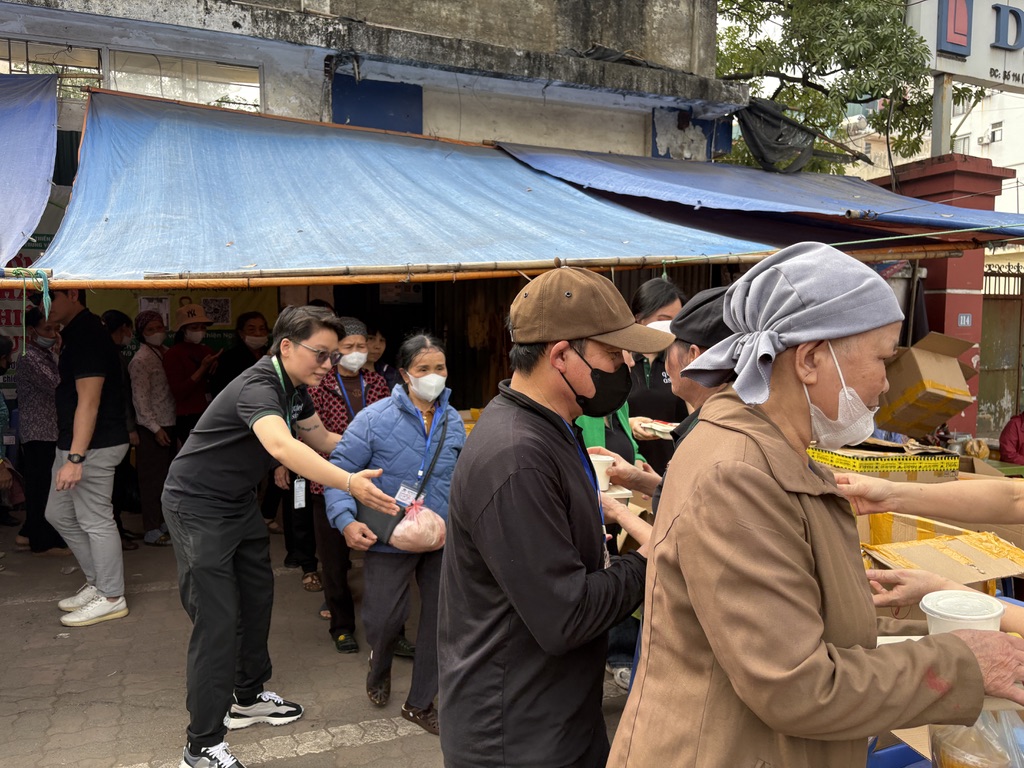
Cooking with Purpose: A Meal of Care at K Hospital
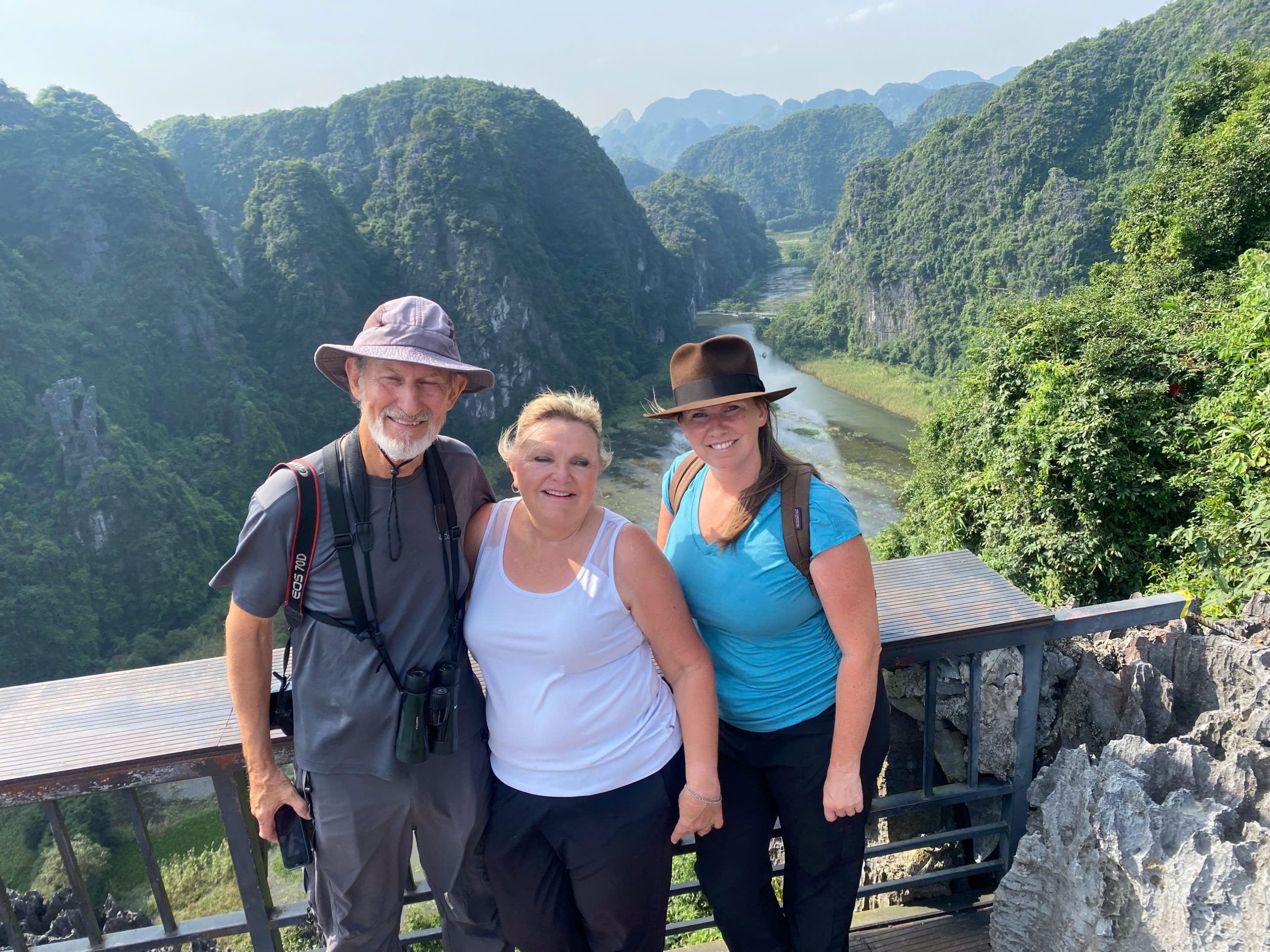
Hanoi to Ninh Binh Sustainable Tour: 3 days 2 nights
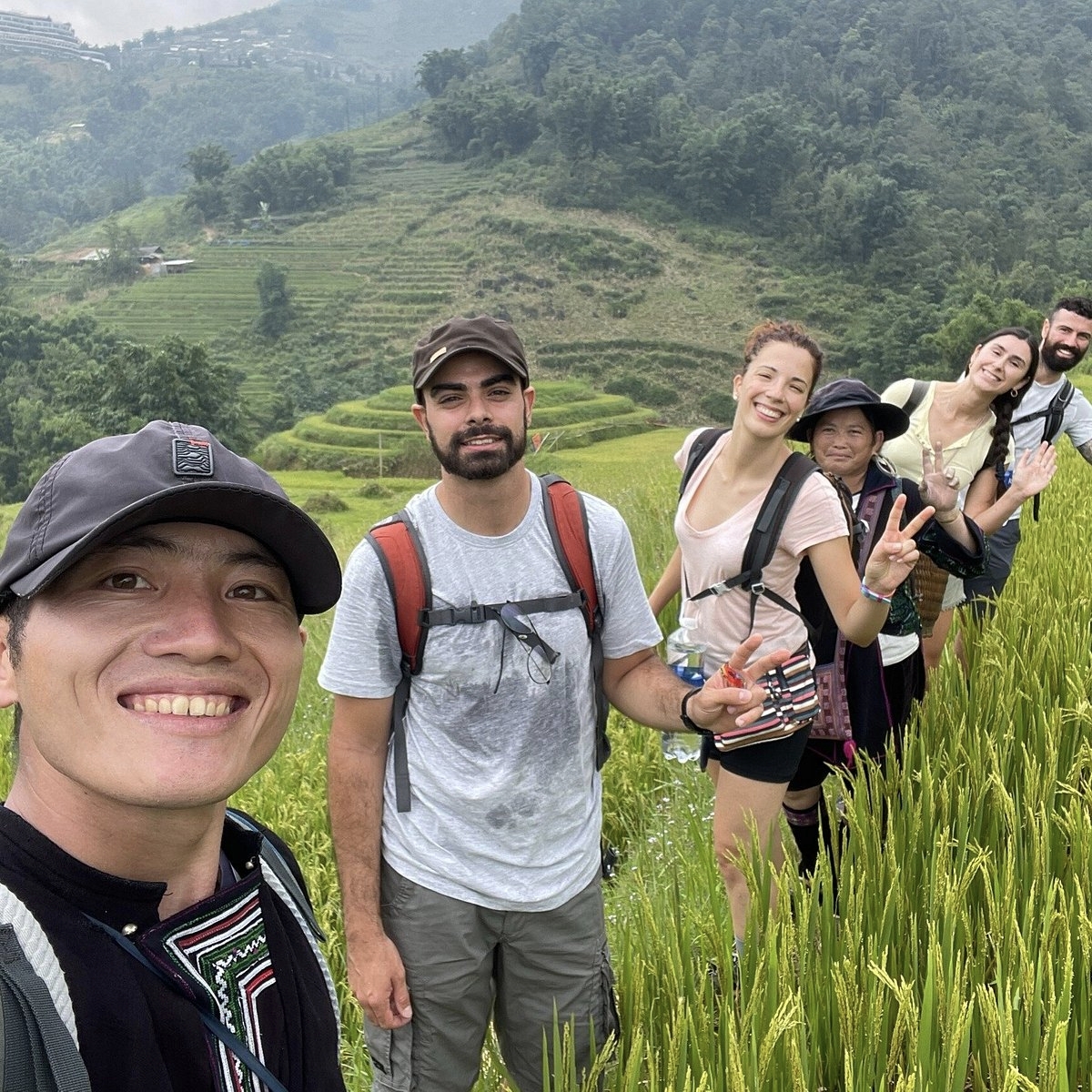
Hanoi – Sapa – Hanoi, Sustainability Tour: 4 Days 5 Nights

The Beginning of Our Journey with Travelife
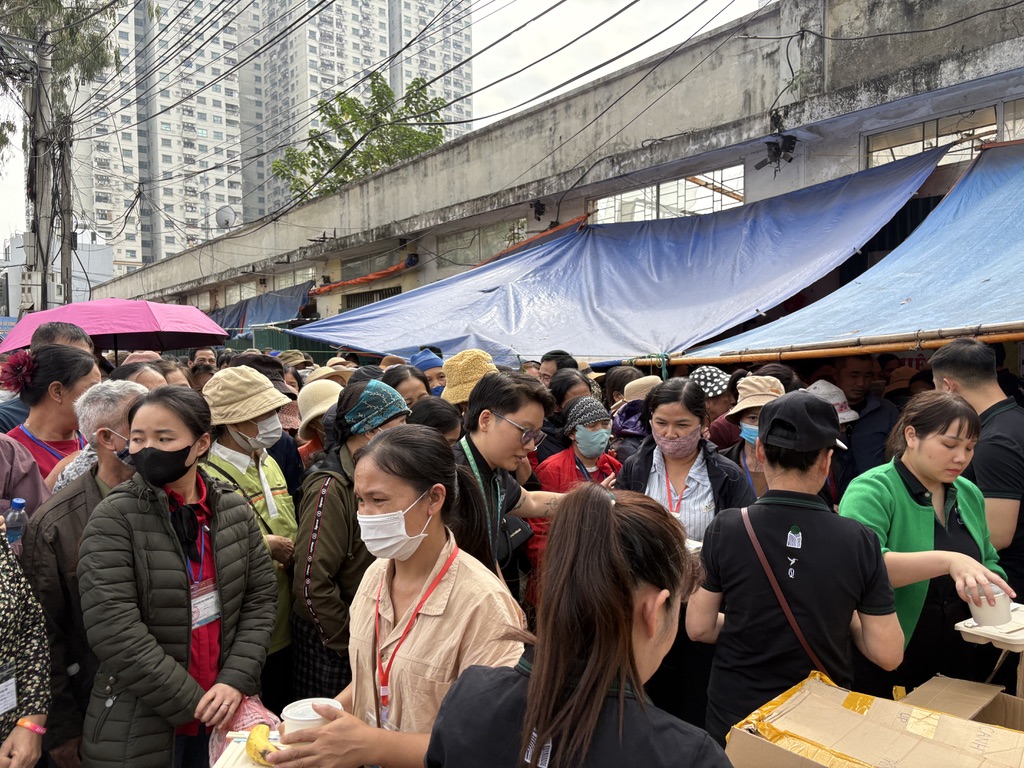
Our Mission: Putting Destinations First Through Sustainable Tourism

Quiet Asia Sustainability Policy: Our Commitment to Responsible Tourism Across Asia
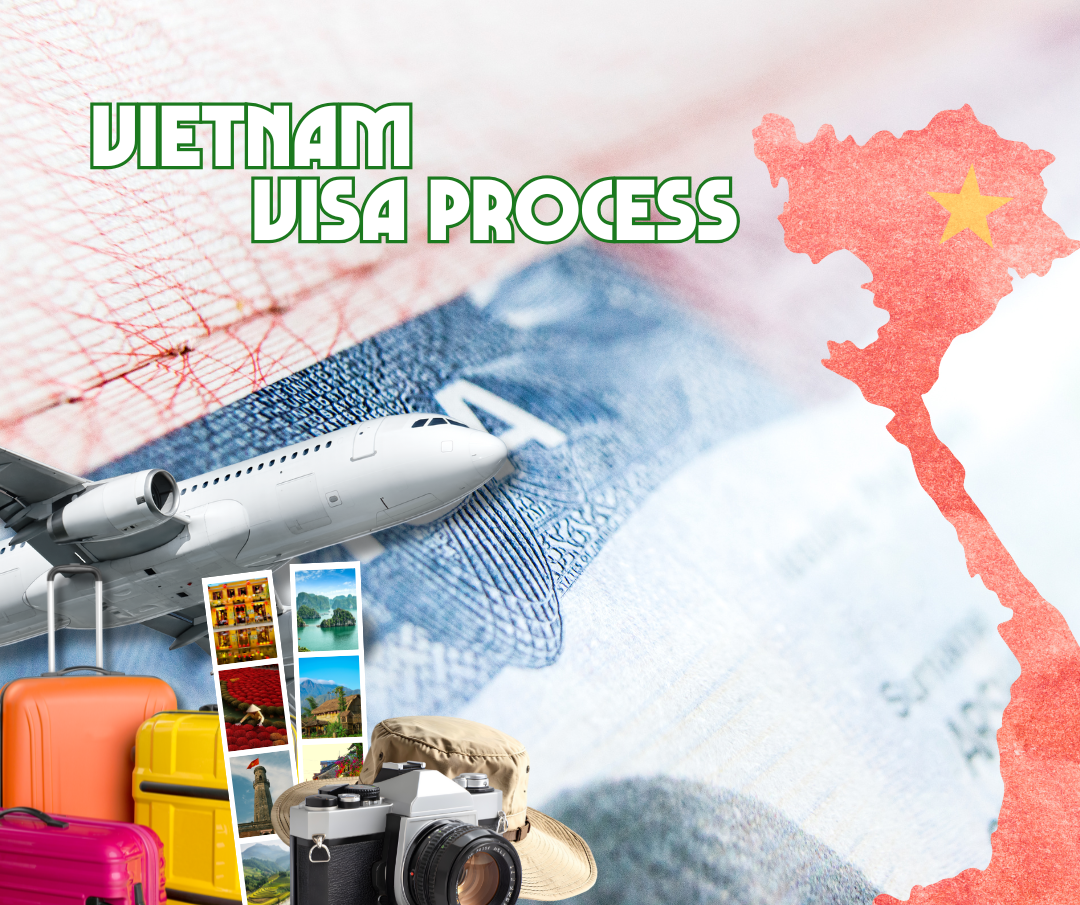
This is a technical testing post, please ignore it. 2

This is a technical testing post, please ignore it. 3

This is a technical testing post, please ignore it. 4
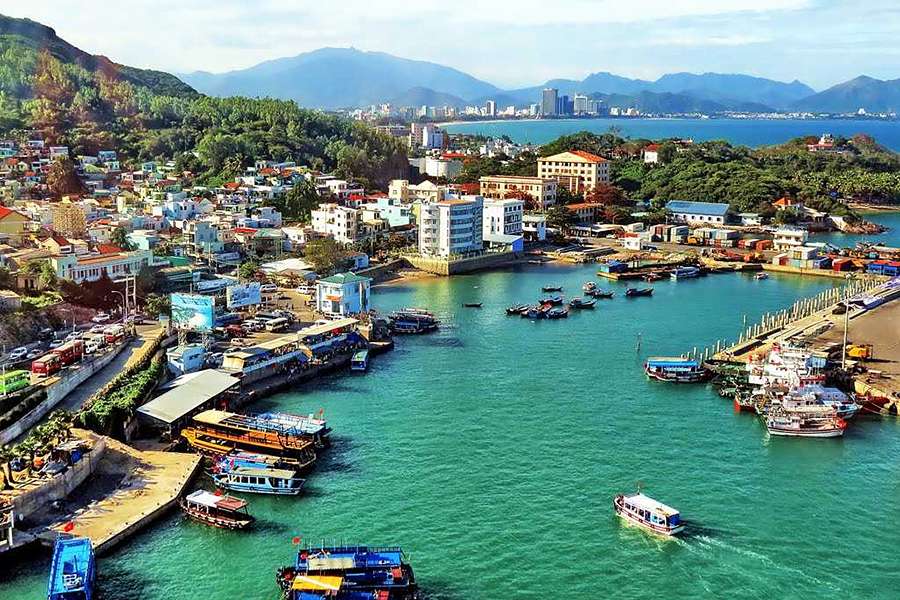
This is a technical testing post, please ignore it.

How to Apply for a Vietnam Visa in 2026: A Clear & Reliable Guide

How to Choose the Best Shore Excursion Tour Package: A Practical Guide for Cruise Passengers

How Not to Be Late for Your Cruise: A Complete Guide for Shore Excursion Travelers in Vietnam & Thailand

Top 10 Most Beautiful Islands in Southeast Asia for Beach Lovers

The Rise of Experiential Tourism: Travelers Now Prefer Direct Immersion Over Traditional Sightseeing

Vietnam’s Tourism Surge in 2024: Driving Growth and Innovation in the Post-Recovery Phase

A Culinary Journey Through Thailand: Exploring The Iconic Dishes Of Tom Yum, Pad Thai, And Green Curry

A Culinary Journey Through Laos: Traditional Dishes Larb, Khao Niaw, And Tam Mak Hoong

Discovering Cambodia’s Culinary Treasures: Amok, Bai Sach Chrouk, And Samlor Korko

The Timeless Elegance of Áo Dài Việt Nam

Discovering Cambodia’s Culinary Treasures: Amok, Bai Sach Chrouk, And Samlor Korko

Su Quan Roastery Wins Traveler’s Choice Award 2024: A Journey of Excellence in Coffee Craftsmanship

Festivals in Laos: A Celebration of Culture and Traditions
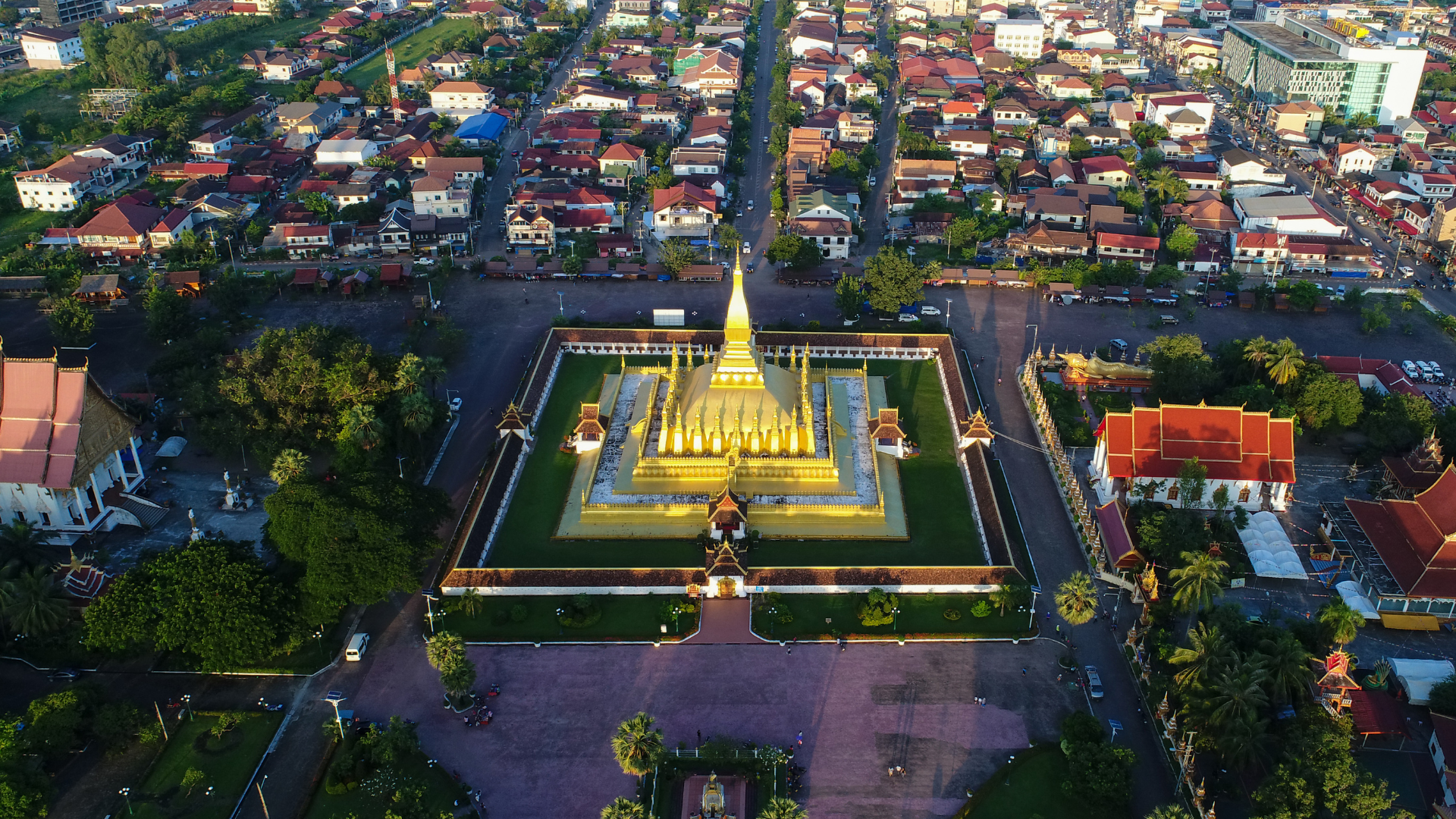
Experience Laos at Its Finest: A Comprehensive Seasonal Travel Guide

A Guide to Transportation in Cambodia: Navigating the Kingdom of Wonder

Seasonal Guide to Cambodia: When to Go for the Best Experience

Exploring Transportation Options in Thailand: Your Ultimate Guide

Visa And Entry Requirements For Traveling Thailand

Best Time To Visit Viet Nam

A Culinary Journey Through Thailand: Exploring The Iconic Dishes Of Tom Yum, Pad Thai, And Green Curry

Discovering Cambodia’s Culinary Treasures: Amok, Bai Sach Chrouk, And Samlor Korko

A Culinary Journey Through Laos: Traditional Dishes Larb, Khao Niaw, And Tam Mak Hoong

The Timeless Elegance of Áo Dài Việt Nam

Traveling to Thailand: Navigating the Weather and Essential Preparations

Traditional Festivals in Cambodia: A Window into Culture and Spiritual Heritage

Exploring the Weather in Laos: What to Expect and How to Prepare

A Comprehensive Guide to Vietnam’s Weather and Travel Preparation

Exploring the Heart of Laos: A Journey Through Culture, Nature, and Heritage

Unveiling the Hidden Gems of Laos: A Journey Off the Beaten Path

A Guide to Transportation in Cambodia: Navigating the Kingdom of Wonder

Seasonal Guide to Cambodia: When to Go for the Best Experience

Exploring Transportation Options in Thailand: Your Ultimate Guide

Visa And Entry Requirements For Traveling Thailand

Transportation in Vietnam: A Comprehensive Guide

Visa And Entry Requirements For Traveling To Vietnam

Best Time To Visit Viet Nam
Subscribe for Insights
Enjoy updates, inspiration, and travel tips sent right to your inbox













